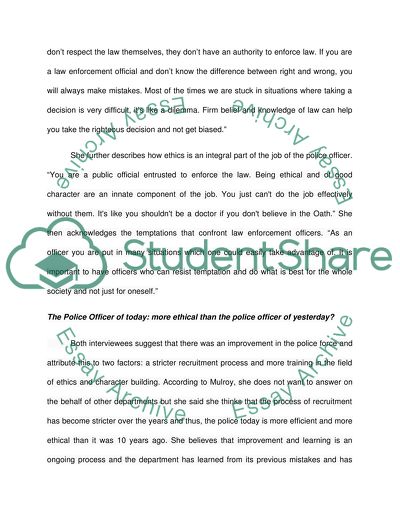Cite this document
(“Good Cop, Bad Cop: Ethics and Character in the Field of Law Essay”, n.d.)
Retrieved de https://studentshare.org/law/1390898-good-cop-bad-cop-ethics-and-character-in-the-field-of-law-enforcement
Retrieved de https://studentshare.org/law/1390898-good-cop-bad-cop-ethics-and-character-in-the-field-of-law-enforcement
(Good Cop, Bad Cop: Ethics and Character in the Field of Law Essay)
https://studentshare.org/law/1390898-good-cop-bad-cop-ethics-and-character-in-the-field-of-law-enforcement.
https://studentshare.org/law/1390898-good-cop-bad-cop-ethics-and-character-in-the-field-of-law-enforcement.
“Good Cop, Bad Cop: Ethics and Character in the Field of Law Essay”, n.d. https://studentshare.org/law/1390898-good-cop-bad-cop-ethics-and-character-in-the-field-of-law-enforcement.


